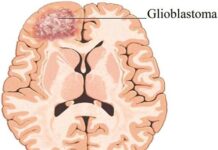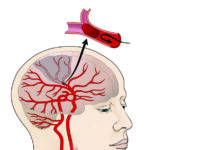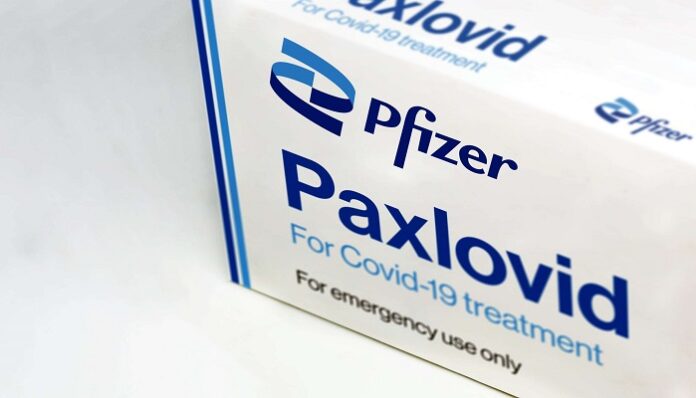Pfizer has announced the final results from its analysis of its Phase 2/3 trials, which involved 2,246 adults, for its novel COVID-19 oral antiviral candidate Paxlovid.
The results were consistent with the interim analysis announced in November 2021, showing that Paxlovid significantly reduced the risk of hospitalization or death for any cause by 89% compared to placebo in non-hospitalized, high-risk adult patients with COVID-19 treated within three days of symptom onset. In a secondary endpoint, Paxlovid reduced the risk of hospitalization or death for any cause by 88% compared to placebo in patients treated within five days of symptom onset, an increase from the 85% observed in the interim analysis.
Treatment-emergent adverse events were comparable between Paxlovid and the placebo, most of which were mild in intensity. Fewer serious adverse events (1.6% vs. 6.6%) and discontinuation of study drug due to adverse events (2.1% vs. 4.2%) were observed in patients dosed with Paxlovid, compared to the placebo, respectively.
The new data has been shared with the U.S. Food and Drug Administration (FDA) as part of an ongoing rolling submission for Emergency Use Authorization (EUA).
If authorized or approved, Paxlovid will be administered at a dose of 300 mg (two 150 mg tablets) of nirmatrelvir with one 100 mg tablet of ritonavir, given twice-daily for five days, the company said in a press release. One box contains five blister packs of Paxlovid, as co-packaged nirmatrelvir tablets with ritonavir tablets, providing all required doses for a full five-day treatment course.
If the FDA authorizes the drug, which could happen within days, then patients might begin receiving it by the end of the year. Although supply will be limited at first, public health experts are hopeful that the pills might curb the worst outcomes from the disease, no matter the variant.
Current variants of concern can be resistant to treatments that are focused on the spike protein expressed on the surface of the SARS-CoV-2 virus, due to the mutations in this region, the company added. Paxlovid, however, works intracellularly on the protease of the SARS-CoV-2 virus by inhibiting viral replication.
























